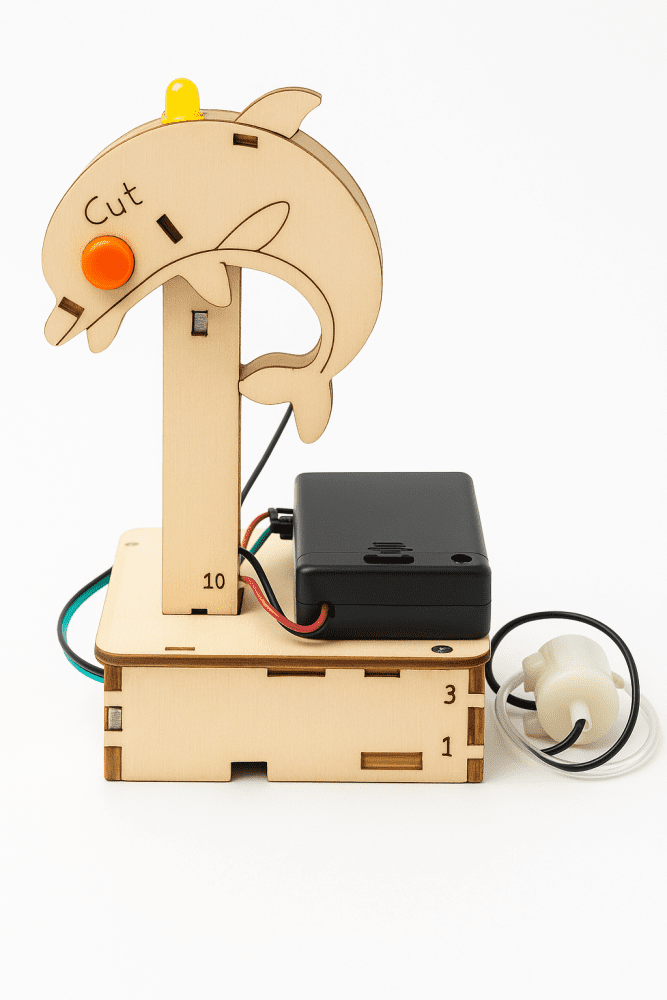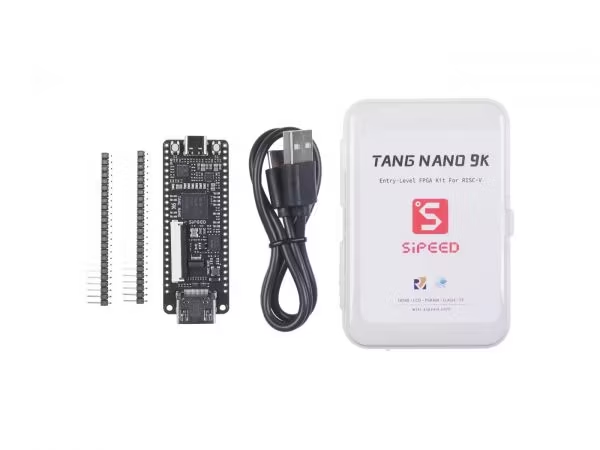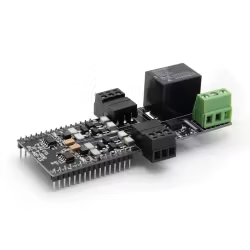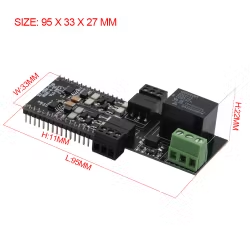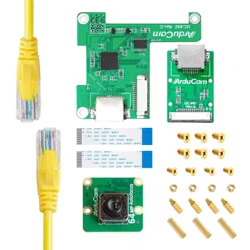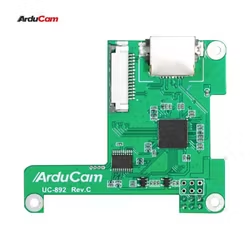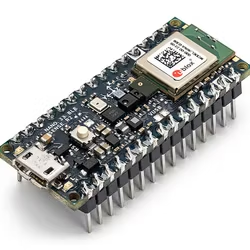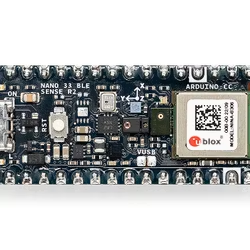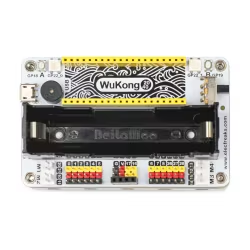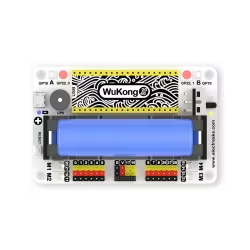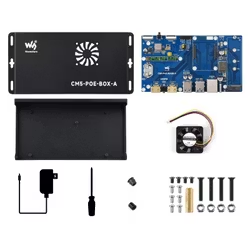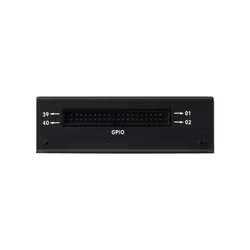Tang Nano 9k FPGA board - Gowin GW1NR-9 FPGA with 8640 LUT4 + 6480 flip flops
- 349 kr
Tang Nano 9K FPGA is an exquisite development board based on the Gowin GW1NR-9 FPGA chip following the Tang Nano 1K and Tang Nano 4K. It comes with 8640 LUTs, a
Produkten är tyvärr slut i lager. :(
Article Number:
1214
Tang Nano 9K FPGA is an exquisite development board based on the Gowin GW1NR-9 FPGA chip following the Tang Nano 1K and Tang Nano 4K. It comes with 8640 LUTs, an HDMI connector, RGB screen interface connector, SPI screen connector, 32Mbit SPI flash, and 6 LEDs, all of which make it ideal for running Verilog HDL code emulating a PicoRV32 RISC-V soft-core and further design.
PRODUCT DETAILS
Features
GW1NR-9 FPGA: 8640 LUT4, 6480 FF(Flip-Flop)
Onboard 32M-bit SPI FLASH
Onboard JTAG Downloader
More complete debugger: USB to JTAG & UART debugger
Multiple development interfaces: HDMI interface, SPI screen interface, RGB screen interface
More functional Type-C connector: 5V Power supply & Code download
Small size, low-cost
Description
What is Tang Nano 9K?
Tang Nano 9K is an exquisite development board based on the Gowin GW1NR-9 FPGA chip featuring 6480 flip flops and an extended DRAM of 64Mbit. Compared to the predecessor Tang Nano 1K and Tang Nano 4K with about 1152 and 4608 LUTs respectively, Tang Nano 9K has pushed the limits to around 8640 LUT4 logic units. These logic units can not only be used for various complex logic circuit designs but also used for running a complete PicoRV soft-core. It meets various needs of users, such as learning FPGA, verifying softcore, and further design.
This board contains a USB Type-C interface for the power supply and downloading code. There is a JTAG downloader on the FPGA board, so you can simply use a USB cable connected to the board to download the code without an extra downloader outside the board.
It is equipped with an HDMI connector, RGB screen interface connector, SPI screen connector, 32Mbit SPI flash, and 6 LEDs. Tang Nano 9K loses the Cortex-M3 core and support for the OV2640 camera, but gains a MicroSD card, more display interfaces, a more complete debugger, and obviously extra logical units.
Why use Tang Nano 9K to emulate?
- To make sure the accuracy and reliability of the function of an FPGA chip
- To shorten the time of launching an FPGA based product and reduce the costs
Please follow the User Guide documentation below to get started with Tang Nano 9K.
Applications
Learning FPGA and Verifying an FPGA in Internetwork communication, AI, and Consumer Electronics.
Verifying RISC-V based CPU for server, domestic appliance, Industrial, and thumb-sized sensors.
Specification
Parameter | Detail |
Chip | Gowin GW1NR-9 FPGA with 8640 LUT4 |
Registers(FF) | 6480 |
ShadowSRAM SSRAM(bits) | 17280 |
Block SRAM BSRAM | 468K |
Number of B-SRAM | 26 |
User flash(bits) | 608K |
SDR SDRAM(bits) | 64M |
18 x 18 Multiplier | 20 |
External SPI FLASH | 32M-bit |
Number of PLL | 2 |
Dimensions | Approximately 65 x 23mm |
Type-C Power supply | 5V |
Display interface | HDMI interface, SPI screen interface, RGB screen interface |
Debugger | Onboard BL702 chip provides USB-JTAG and USB-UART functions for GW1NR-9 |
IO | Support 4mA,8mA, 16mA, 24mA other driving capabilities Provides independent Bus Keeper, pull-up/pull-down resistors, and Open Drain output options for each I/O |
Connector | TF card slot, 2x24P 2.54mm Header pads |
Button | 2 programmable buttons for users |
LED | Onboard 6 programmable LEDs |

 Svenska
Svenska
